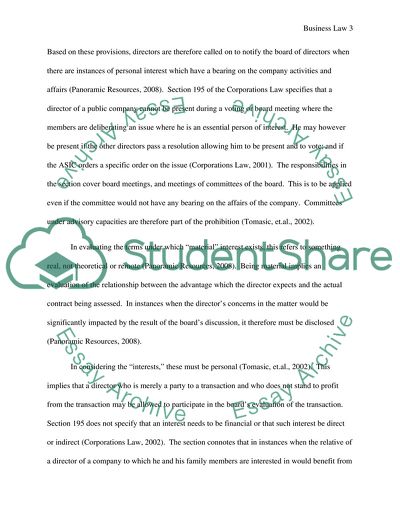Cite this document
(“Business Law Essay Example | Topics and Well Written Essays - 3250 words - 2”, n.d.)
Business Law Essay Example | Topics and Well Written Essays - 3250 words - 2. Retrieved from https://studentshare.org/miscellaneous/1576771-business-law
Business Law Essay Example | Topics and Well Written Essays - 3250 words - 2. Retrieved from https://studentshare.org/miscellaneous/1576771-business-law
(Business Law Essay Example | Topics and Well Written Essays - 3250 Words - 2)
Business Law Essay Example | Topics and Well Written Essays - 3250 Words - 2. https://studentshare.org/miscellaneous/1576771-business-law.
Business Law Essay Example | Topics and Well Written Essays - 3250 Words - 2. https://studentshare.org/miscellaneous/1576771-business-law.
“Business Law Essay Example | Topics and Well Written Essays - 3250 Words - 2”, n.d. https://studentshare.org/miscellaneous/1576771-business-law.


